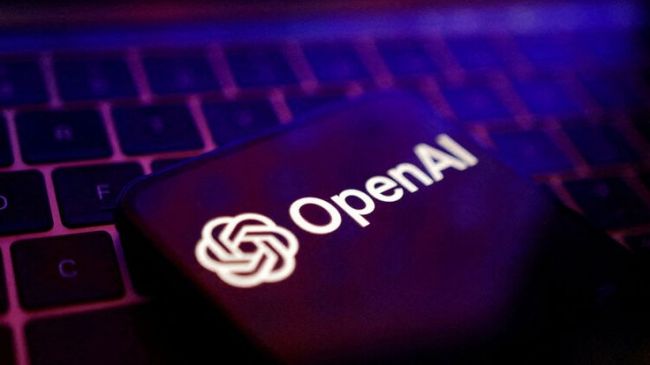Jack Dorsey, co-founder of Twitter, has introduced a new messaging application called Bitchat, which has rapidly attracted public attention for its unique offline capabilities. Bitchat was officially launched in early July 2025, with the initial beta release made available exclusively for iPhone users via Apple’s TestFlight platform. The beta program quickly reached its 10,000-user capacity within hours of launch, reflecting significant demand for alternative, privacy-focused messaging solutions.
Bitchat utilizes Bluetooth Low Energy to form clusters of nearby devices, enabling messages to be relayed from one phone to another via a hopping mechanism. This setup enables communication to extend beyond the standard Bluetooth range, provided there are sufficient users in proximity. All messages remain local to each device, are end-to-end encrypted, and are automatically deleted after a set period, with no central servers or persistent storage involved.
This decentralized approach makes Bitchat especially useful in situations where traditional connectivity is unavailable, such as emergencies, large gatherings, or regions with restricted internet access. Its privacy-first design, which avoids servers, identifiers, or tracking, appeals to users who value secure, off-the-grid messaging. The interface and group chat features, inspired by early internet chat rooms and described by Jack Dorsey as having “IRC vibes,” add a nostalgic element to the experience.
Additionally, Bitchat does not require users to provide a phone number, email address, or create traditional accounts. Group chats, or “rooms,” can be created and protected with passwords for added privacy. The app’s store-and-forward system ensures messages are delivered when recipients return within Bluetooth range, maintaining communication even if users are temporarily disconnected. Planned support for Wi-Fi Direct is expected to further enhance the app’s range and speed.
The launch of Bitchat is particularly timely, coinciding with a period marked by frequent internet shutdowns due to various factors such as natural disasters, political unrest, or government-imposed restrictions. The effectiveness of mesh-based messaging was notably demonstrated during the Hong Kong protests in 2019, highlighting the necessity for resilient, offline communication tools. Dorsey has emphasized Bitchat’s commitment to “privacy and resilience,” aligning with growing public concern over digital privacy and secure communications.
Looking forward, Bitchat’s roadmap includes adding Wi-Fi Direct support to boost range and speed, as well as potential expansion to platforms beyond iOS. With ongoing user feedback and open-source development, the app is well-positioned to adapt quickly and strengthen its privacy and resilience features. As connectivity challenges and privacy concerns grow, Bitchat’s evolution will be closely watched by those seeking secure, decentralized communication.
Post Comment
Be the first to post comment!


